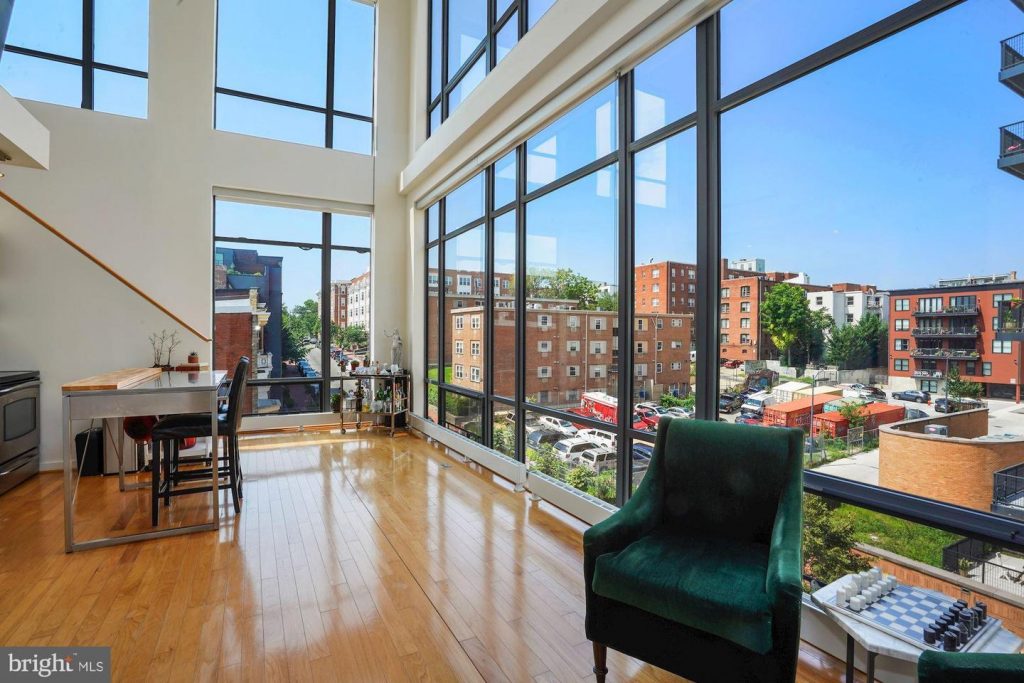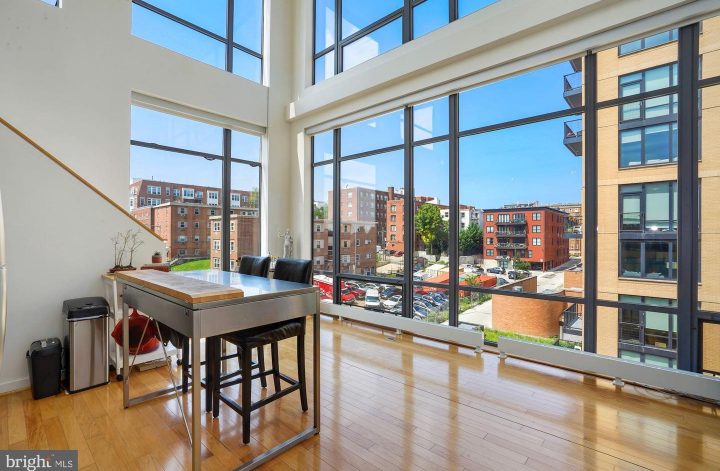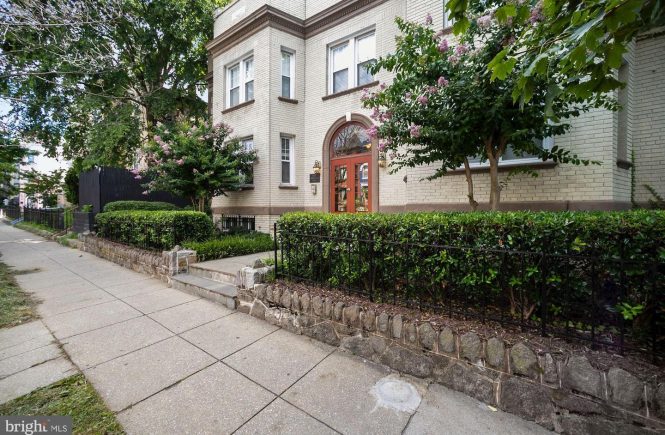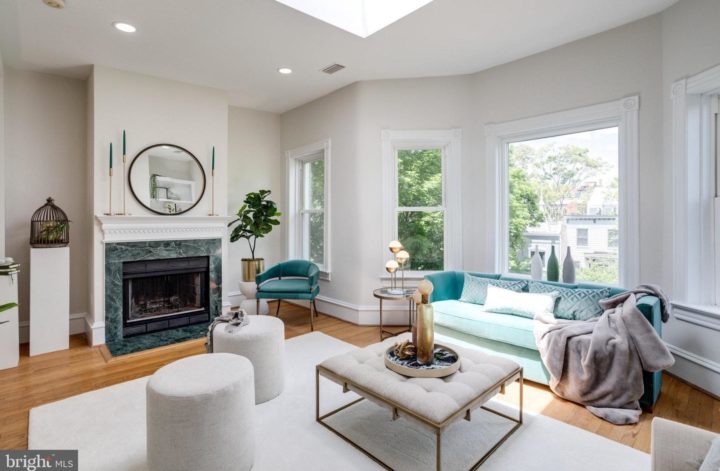There is a lot of jargon in real estate that can make searching for a home feel intimidating or overwhelming. Before I got my real estate license, I thought a home was either on the market or off the market– no in-between. Turns out there is a lot that goes on between when a house is listed and when it is sold. So as you are browsing homes and you see the status as: active, contingent, under contract, or sold, here is exactly what that means.

Active
Active is simple. If a house is listed as active it means that it is free game. In DC, you have to take this status with a slight grain of salt because buyers move fast and someone else might be actively writing an offer on an active home. This is when it pays to be working with an experienced agent who can get you into a home quickly and find out exactly what may be happening behind the scenes.
Contingent
If a home is listed as “contingent” that means the seller has accepted an offer but it’s far from over. When submitting an offer, the buyer may have certain “contingencies” in place that would allow the buyer to back out of the deal should they find something they don’t like. Common contingencies include condo doc review period, an inspection, and an appraisal. So if your dream home is no longer active but contingent, keep an eye on the listing. There is a chance the deal could fall through.
Under Contract
If a home is “under contract” or “pending” it’s close to being a done deal. At this point, all the contingencies have been lifted and both the buyer and seller have full intentions of moving forward with the transaction. There is still a small chance the deal could fall through. I say small because at this point the buyer is on the hook to buy the home and will be out A LOT of money should he or she decide to walk away but it’s not impossible.
Sold
If a home is listed as “sold.” Then it is officially of the market. The buyer and seller have both gone through the closing process, funds have been exchanged, and legally the house has been transferred from the seller to the buyer.
There you have it, the life cycle of real estate.
To see more places for sale click here.




